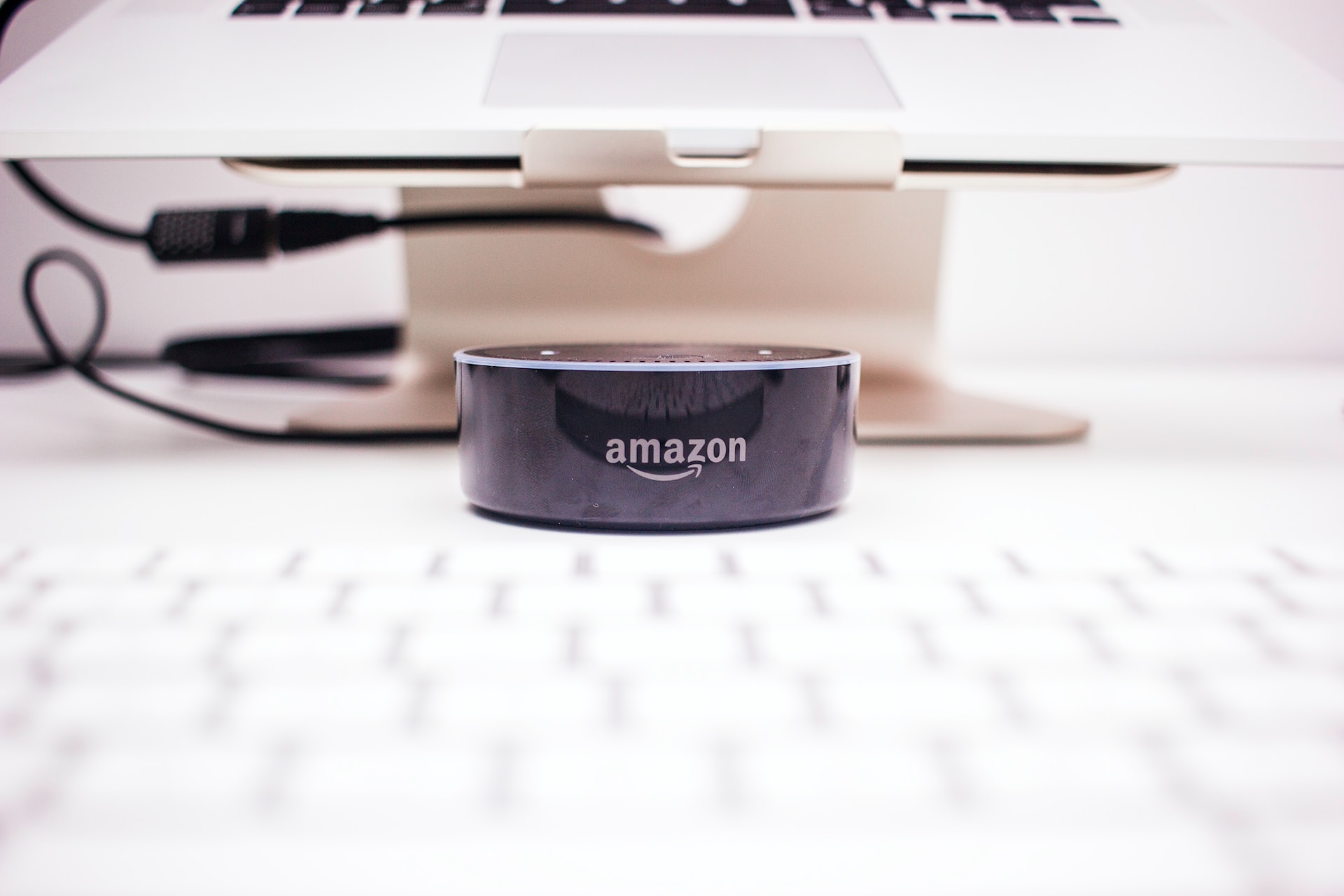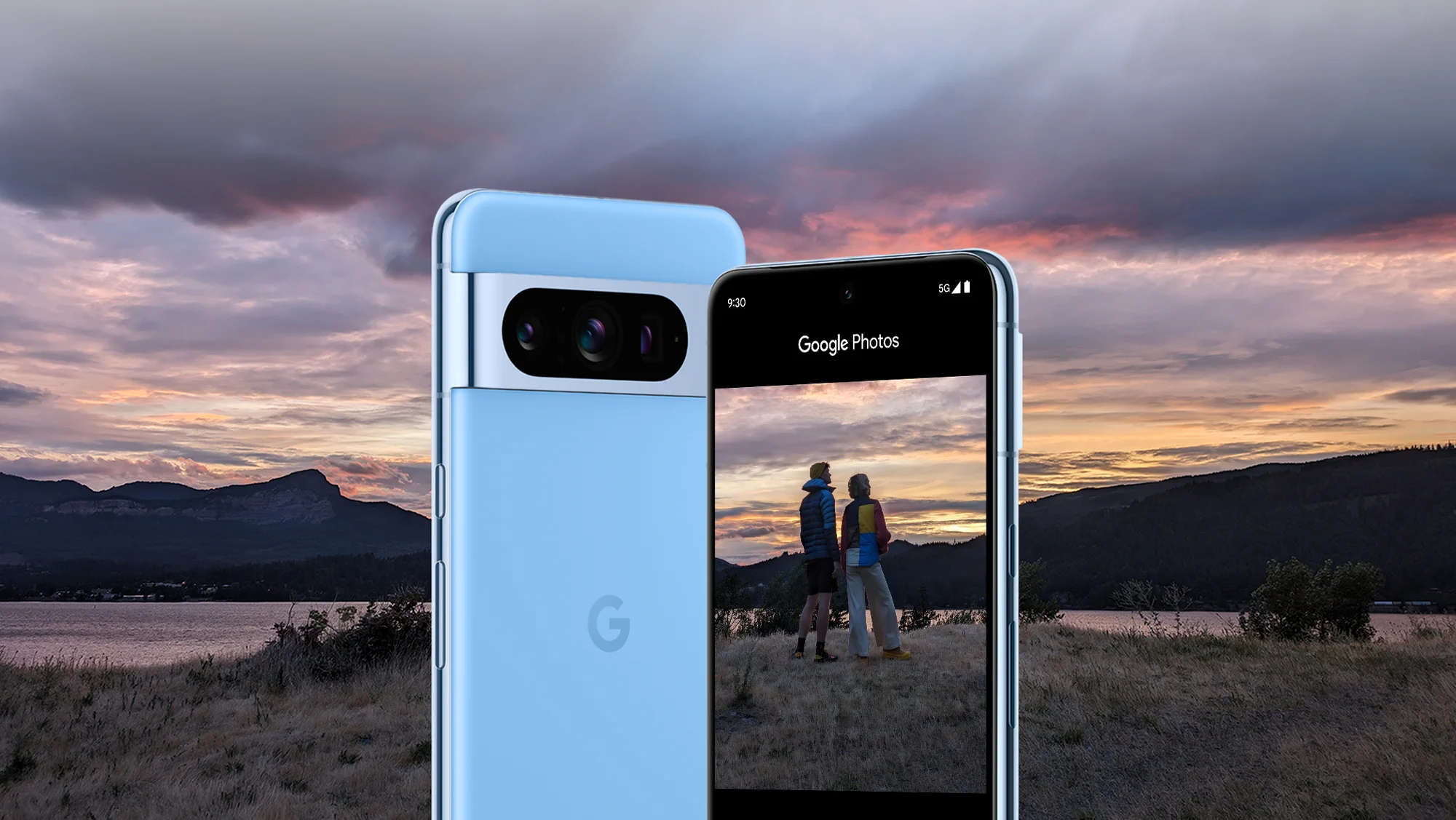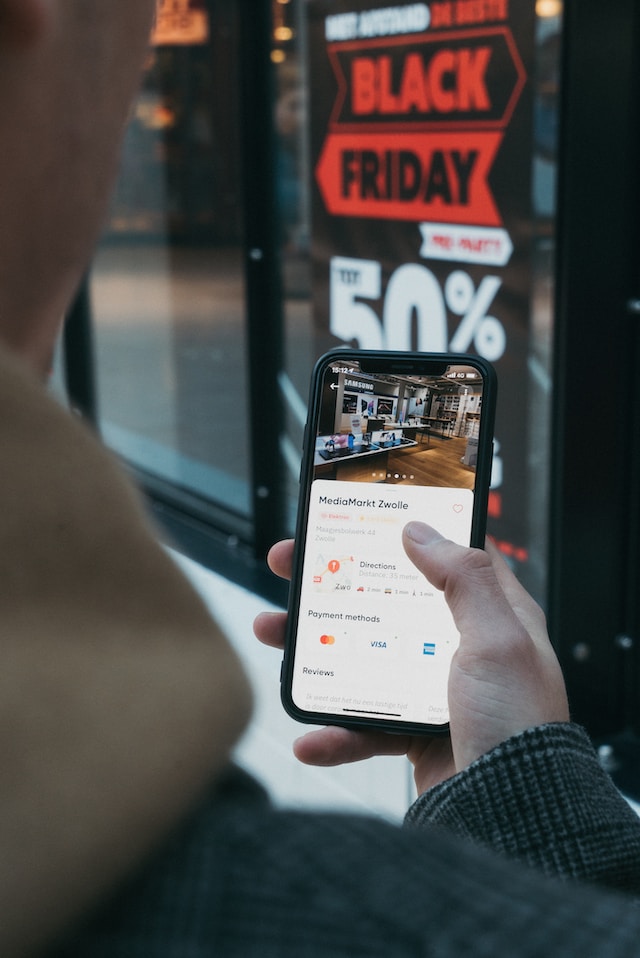Social media has undoubtedly revolutionized the way we communicate and connect with one another. But beyond its entertaining memes or viral videos, social media has become a powerful tool for activism in America. The ability to share information quickly and efficiently, unite people from different parts of the country (or world), and raise awareness about important issues is just the tip of the iceberg. In this blog post, we’re diving deep into how social media impacts American activism beyond likes and shares – exploring its power to spark change, build communities online, and foster real-world action.
What is social media and how does it impact activism?
Social media is a collection of online communication channels that allow people to share information and interact with one another in real-time. It includes social networking sites like Facebook, Twitter, Instagram, and LinkedIn, as well as video-sharing platforms like YouTube.
Social media has had a profound impact on activism because it provides a powerful platform for individuals or groups to raise awareness about important issues quickly and easily. Activists can use social media to create campaigns that spread their message far beyond traditional offline methods.
Moreover, social media enables activists to create communities of supporters who can help advocate for change by sharing information or participating in protests. With the ability to access global audiences instantaneously, some movements have gone viral – sparking significant changes in public policy or cultural attitudes.
Despite its potential drawbacks such as echo chambers and misinformation spreading through algorithms’ manipulation; social media remains an essential tool for modern-day activism because it allows marginalized voices to be heard loud and clear – democratizing activism across all levels of society.
The power of social media to unite people against injustice
Social media has become a powerful tool for social justice movements to unite people against injustices. Through hashtags, posts and shares, people from all over the world can come together to support one another in their fight for equality.
Social media provides a platform where marginalized groups can have their voices heard and gain visibility. It allows individuals to share their personal experiences of discrimination and oppression with others who may not have experienced it themselves.
One example of this is the Black Lives Matter movement which gained momentum through social media after the death of George Floyd. Hashtags like #BlackLivesMatter allowed individuals to connect with others who shared similar concerns about police brutality towards black Americans.
Through social media, activists are able to organize protests, rallies and marches quickly and effectively. It also allows them to reach a wider audience than traditional forms of activism would allow.
However, while social media has been instrumental in bringing attention towards injustices, it’s important not to overlook the importance of physical action as well. Offline protests and community organizing are still crucial parts of creating change.
The power of social media in uniting people against injustice cannot be denied. It serves as an important tool for amplifying marginalized voices and raising awareness about issues that might otherwise go unnoticed by mainstream society.
How social media can be used to spread awareness about important issues
Social media is a powerful tool for spreading awareness about important issues. With billions of people using social media platforms like Facebook, Twitter, and Instagram every day, it’s easier than ever to reach a large audience with just the click of a button.
One way that social media can be used to spread awareness about important issues is by sharing news articles or blog posts that discuss the issue in question. By sharing informative content with your followers, you can help educate them on topics they may not have been aware of before.
Another effective method for raising awareness through social media is by creating and sharing infographics or videos that visually explain complex topics. These types of visual aids are often more engaging than text-based content and can quickly go viral if shared widely enough.
Social media platforms also provide opportunities for individuals to organize advocacy campaigns around specific issues. For example, hashtags like #MeToo and #BlackLivesMatter have become rallying cries for movements aimed at addressing sexual assault and racial injustice respectively.
Social media provides an opportunity for marginalized groups to share their stories directly with a wider audience. By elevating voices that are often ignored by traditional media outlets, social media has helped shine light on previously overlooked issues such as police brutality against Black Americans or discrimination faced by transgender individuals.
Social media offers countless opportunities to raise awareness about critical issues facing our society today. Whether through educational content or grassroots organizing efforts, these platforms empower everyday individuals to make meaningful change in their communities and beyond.
The importance of online communities for activism
One of the most important aspects of social media for activism is its ability to build online communities. These communities serve as a hub for like-minded individuals who are passionate about a cause or issue, and allow them to connect with each other on a global scale.
Through these online communities, activists can share information and resources, create petitions and campaigns, organize events and protests, and provide support for those affected by injustice. This not only amplifies their message but also creates a sense of solidarity among members.
In addition to this, online communities can help bring attention to issues that may have been overlooked or ignored by mainstream media outlets. By using hashtags and viral posts, users can raise awareness about an issue in real-time which has the potential to reach millions of people across the world.
Moreover, these online communities provide a safe space for individuals who may feel isolated or unsupported in their offline lives due to discrimination or oppression. Here they can find acceptance and validation from others who understand their experiences.
The importance of building strong online communities cannot be overstated when it comes to effective activism through social media. They provide vital resources for organizing actions while creating an inclusive space where everyone’s voice is heard
Conclusion
Social media has revolutionized the way we communicate, connect and engage with each other. It has become a powerful tool for activism that is changing the world in ways we never thought possible. From spreading awareness about important issues to mobilizing people against injustice, social media has given voice to millions of people who were once silenced.
But beyond likes and shares, social media has also created online communities where activists can come together to share resources, support one another and drive change. These communities have proven invaluable for those fighting for justice around the world.
As we move forward into an ever-more connected future, it’s clear that social media will continue to play a vital role in activism. While there are certainly challenges associated with using these platforms effectively (such as disinformation or censorship), it’s undeniable that they have opened up new avenues for engagement and empowerment.
So whether you’re looking to raise awareness about an issue close to your heart or join forces with others fighting for change, there’s no denying the power of social media when it comes to making a difference in our world today.








